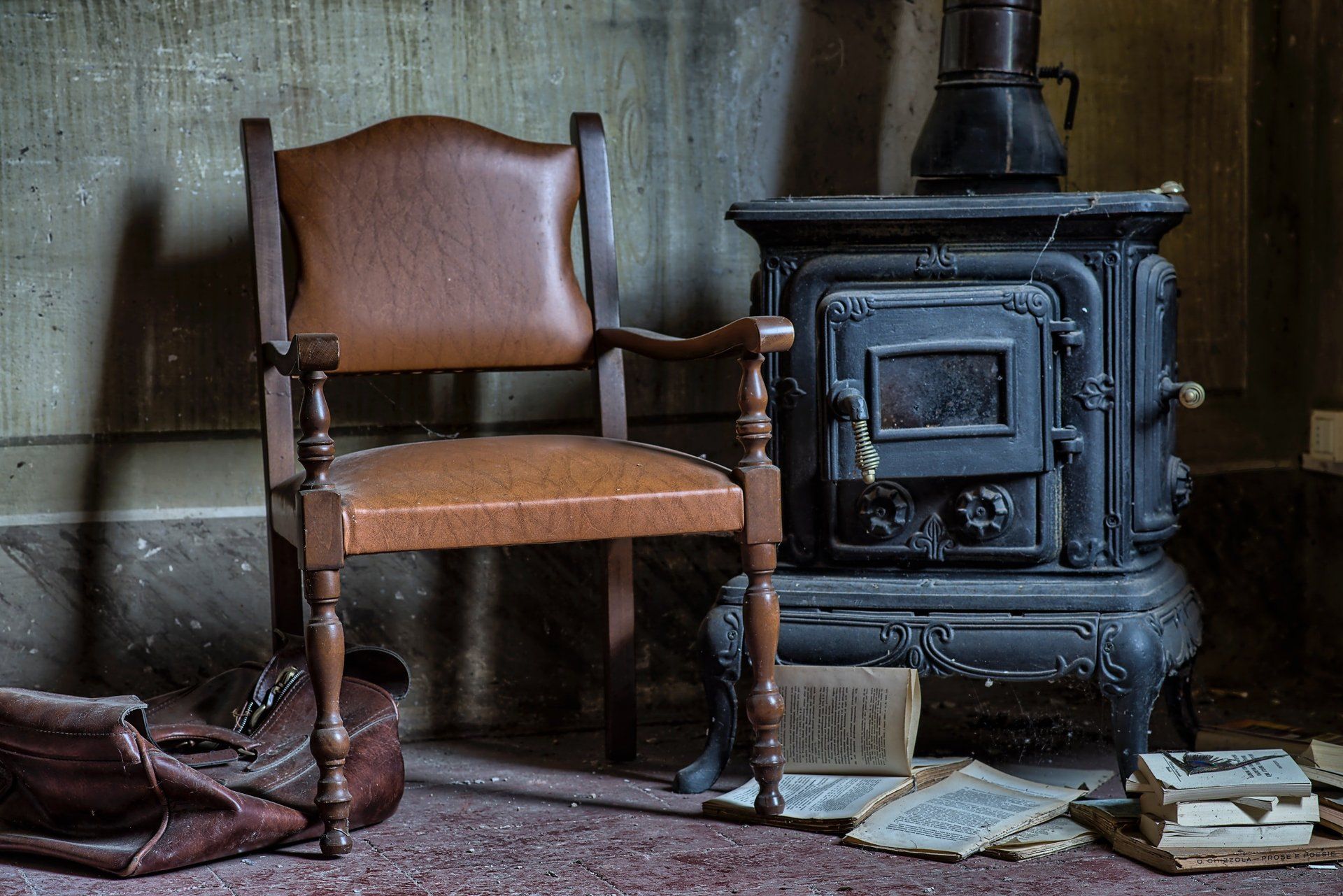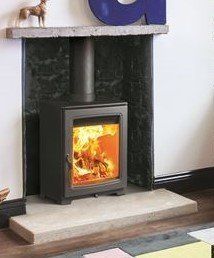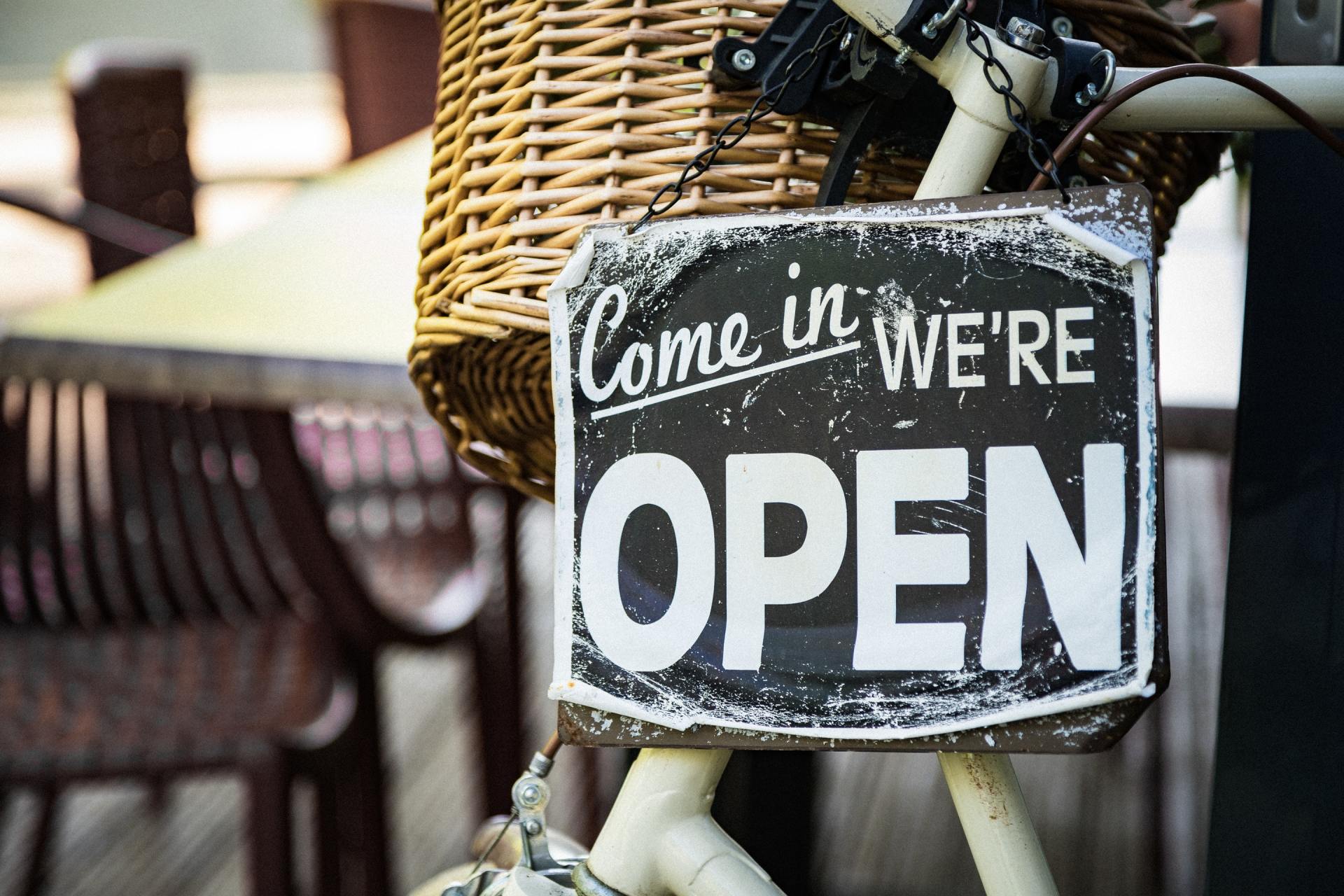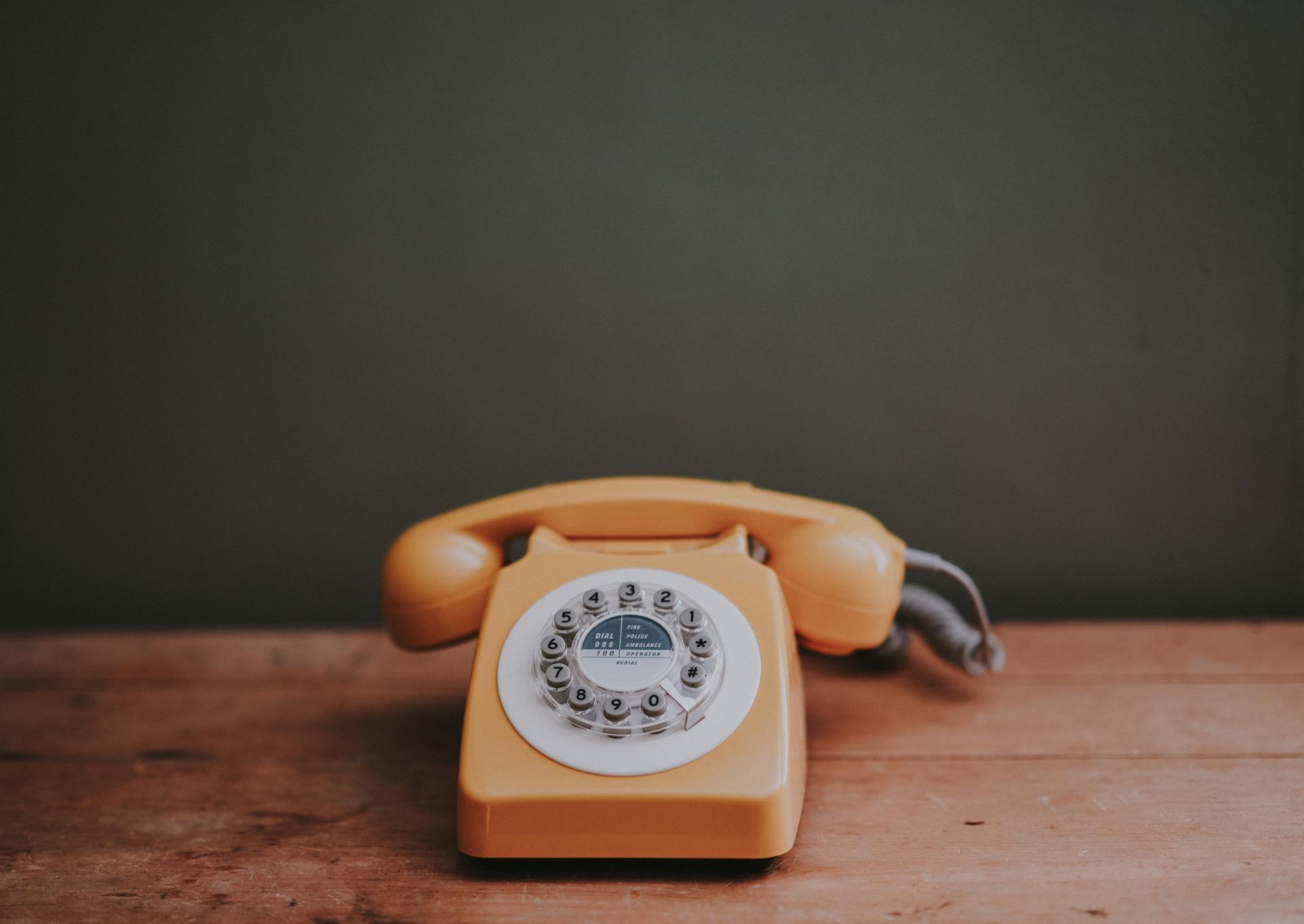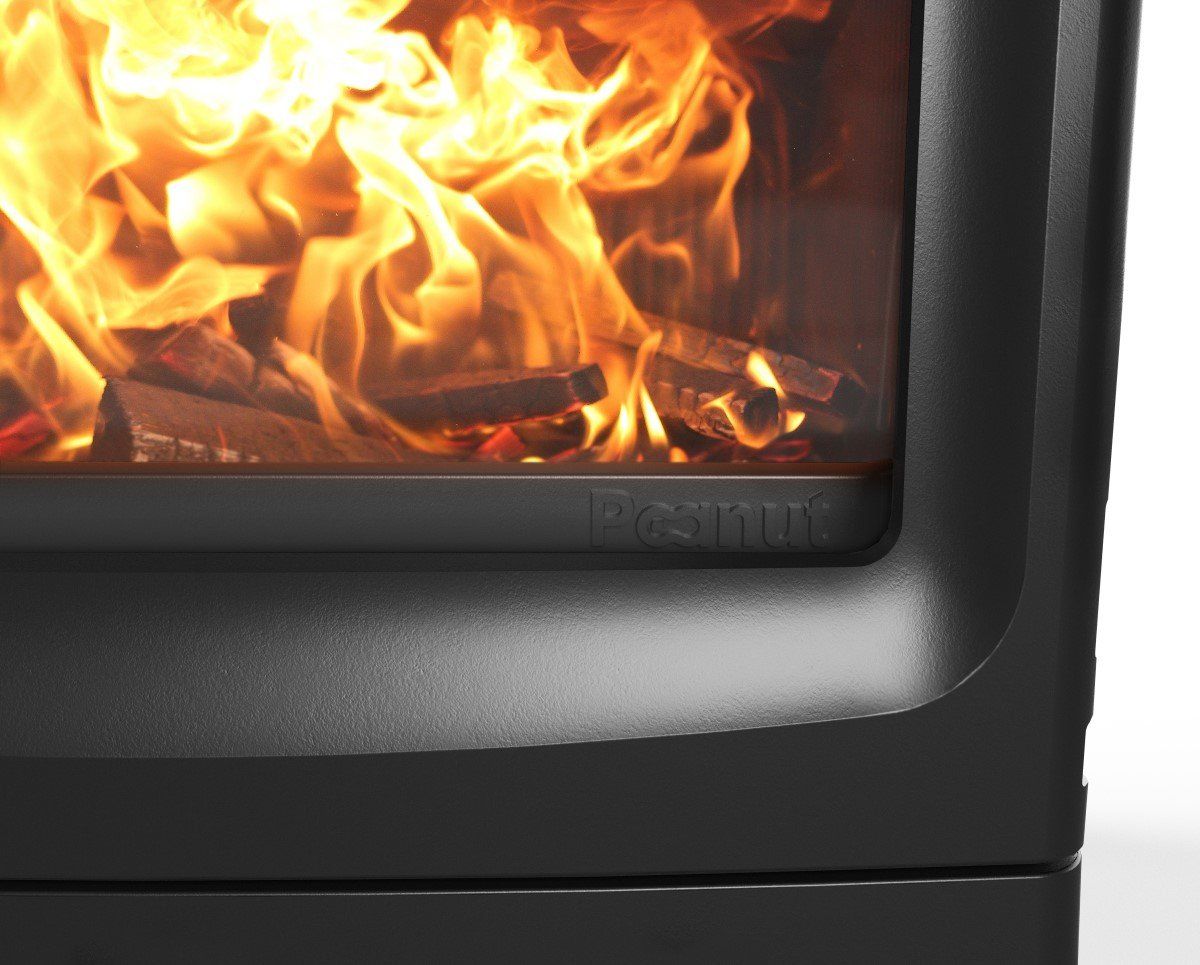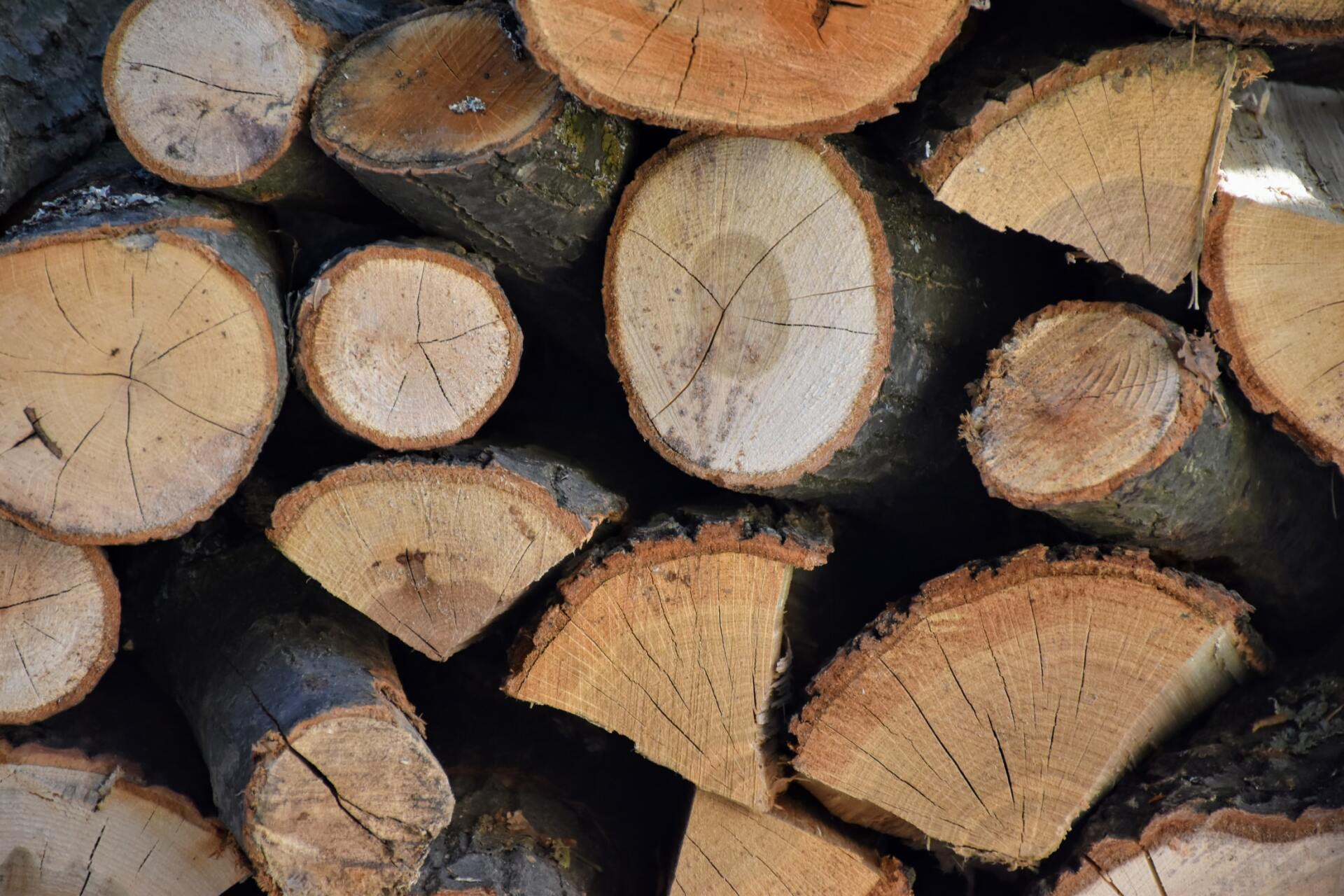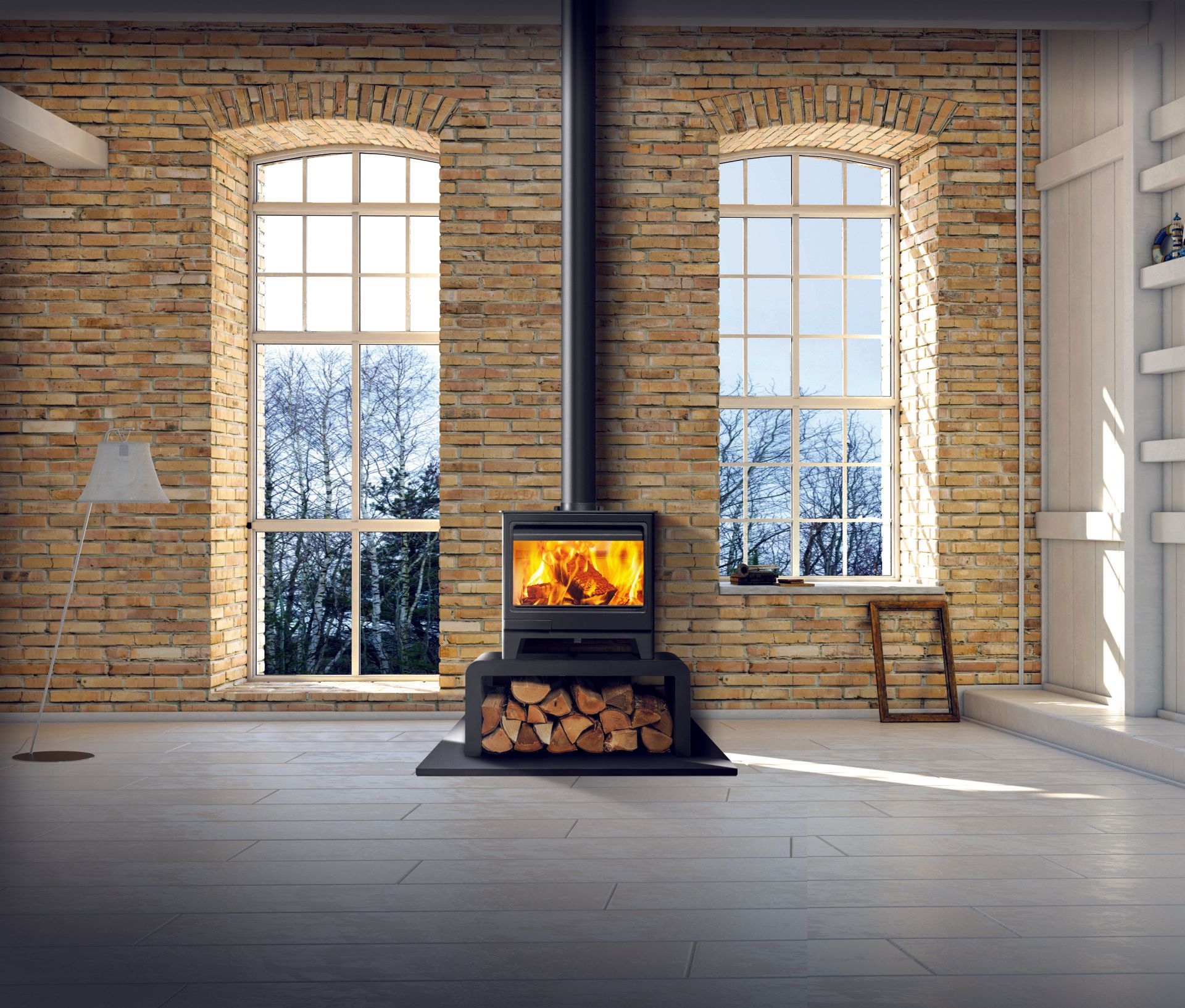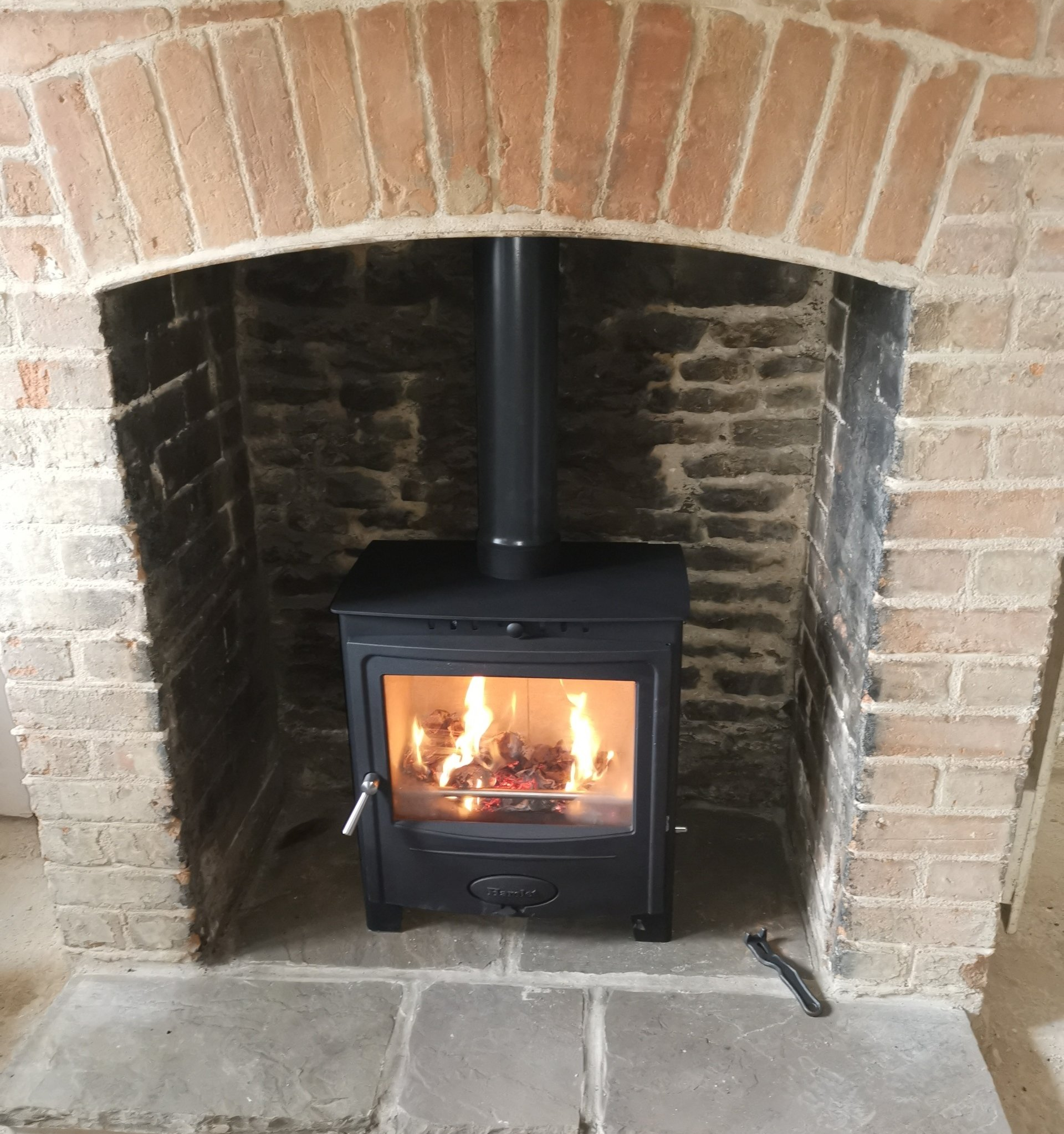Installation FAQ's
Why should I use a professional, HETAS registered installer?
HETAS is a non-profit organisation that is dedicated to working towards a cleaner & safer environment.
In simple terms; they are the trade organisation that oversees the installations in the woodburning and solid fuel industry. They ensure installations are safe and compliant with current building regulations.
HETAS offer training courses to ensure installers are competent in their ability to install woodburners and solid fuel appliances safely and in compliance with building regulations.
Once an installer has completed these courses they can become a HETAS registered installer through the Registered Installers Scheme, and then in order to maintain membership they must complete regular refresher courses.
Once an installer is registered the are able to self-certificate their installations as safe and compliant. The system will also notify your local authority that the works have been done safely and the installation is compliant.
Registered installers also have to pass regular inspections to ensure their work is compliant, failure to do so will mean they loose their membership.
Using a HETAS Registered Installer ensures your installation is safe for use and complies with all current building regulations. Which means you will not have to have the installation signed off by a building inspector.
PLEASE NOTE/WARNING:
Failure to have a woodburner or solid fuel appliance (e.g. multifuel stoves) signed off as safe by either building regulations or a HETAS engineer will result in any warrantees on the appliance (stove) and any pipework. In many cases it will also invalidate your home insurance.
Why can't I install a woodburner or multifuel stove myself?
Like with a gas fire, woodburners and multifuel stoves pose significant safety issues when not installed correctly.
The most important safety issues are:
- Carbon Monoxide
- Fire Hazard
Carbon Monoxide
When in use woodburners and multifuel stoves produce carbon monoxide, just like a gas fire does. If an installation is incorrect it can leak Carbon Monoxide into your home, which in extreme cases these leaks can result in death.
This is why it is important to use a qualified installer as when installed correctly woodburners and multifuel stoves are safe for use.
Fire Hazard
We know this one seems a bit obvious, it is a fire after all! However the
fire hazards do not just come from the firebox itself.
Yes, the firebox is a hazard!
For example, we need to ensure that their is adequate floor protection in front of the woodburner/multifuel stove. This is to
ensure that any hot embers etc. that may fall out of the firebox will hit a non-combustible surface and not your nice floor or carpet which are usually combustible.
But, the body of the woodburner or multifuel stove can also be a fire hazard!
We know, its an enclosed steel or cast iron unit, how can that be a fire hazard?
The cast iron or steel body of the woodburner or multifuel stove gets incredibly hot and if any combustible objects or surfaces are too close to the unit they can catch fire from the heat! This includes wooden beams/surrounds, soft furnishings, wooden furniture etc. and they heat can also significantly damage electronics such as TVs if they are too close.
How much do installations cost?
This depends on what type of installation needed, which stove you choose, what hearth options you decide on, whether any alterations are needed and whether you choose any bespoke design options.
We advise to come speak to a member of our showroom team to discuss your circumstances and to book a survey in order to get a quotation.
Do I need a chimney?
No, you don’t. We can install stoves using a twin wall/double wall insulated flue system. We fit stoves using this method often not only in houses but in log cabins, conservatories and narrow boats.
Will I need my chimney lining?
This depends on circumstances, age of the house and the type of installation. Mostly, we do prefer to fit with flexi liners, as this ensures the stove will work to its optimum efficiency.
I already have a chimney liner can I keep it?
Generally, we will replace flexi liners when installing a new wood burner or multi fuel stoves. This is so we can ensure that you are provided with a high-quality installation that will last.
Liners that have been installed for gas fires are not compatible with wood burners and multi fuel stoves.
What regulations do installations have to comply with?
When installing a new fire (stove & open fire) we have to adhere to HETAS guidelines & building regulations. We also have to comply with manufacturers installation instructions for the products.
Are your installers HETAS registered?
Yes, we have HETAS registered Installers.
Do you provide a HETAS certificate?
Yes, we supply one on completion of our installations.
Please note: our registrations are now done via HETAS’s online portal. HETAS will then post your certificate to you
Do I need a hearth?
All stoves will need to sit on a hearth, which needs to be made of a non-combustible material.
Examples of these materials include;
- Concrete
- Man Made York Style Slabs
- Slate
- Granite
- Limestone
- Toughened Glass
- Ceramic Tiles
Can I keep my current hearth/fire surround?
This is dependant on the size, shape and material the fire surround or hearth is made of and what stove you choose. Until we have done an onsite survey we can't be sure, however usually they need replacing to be compliant.




